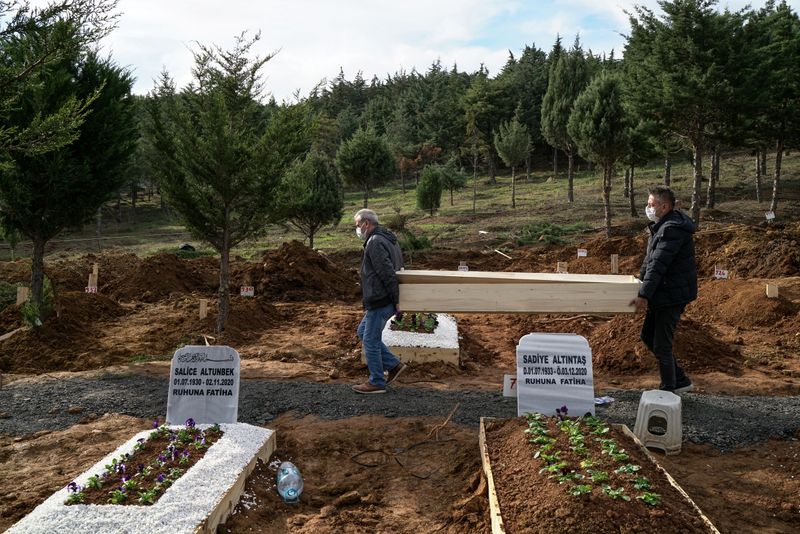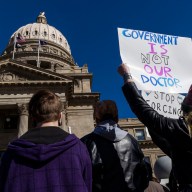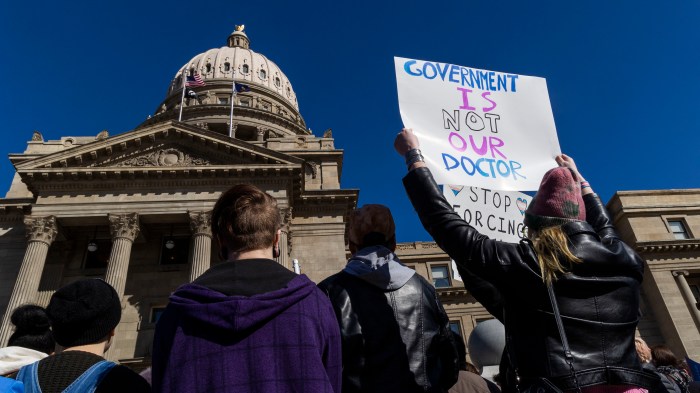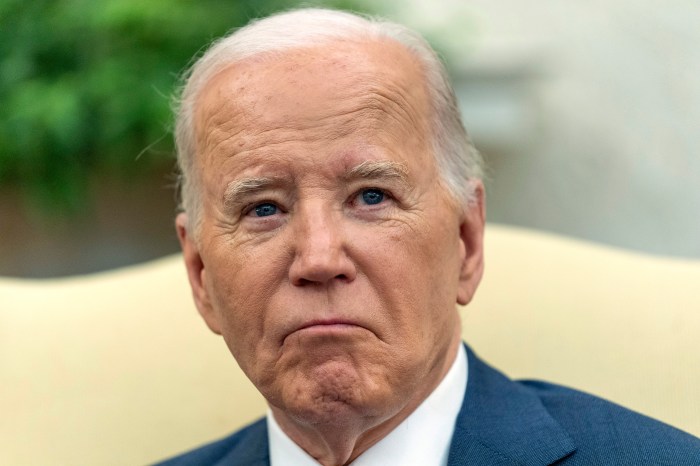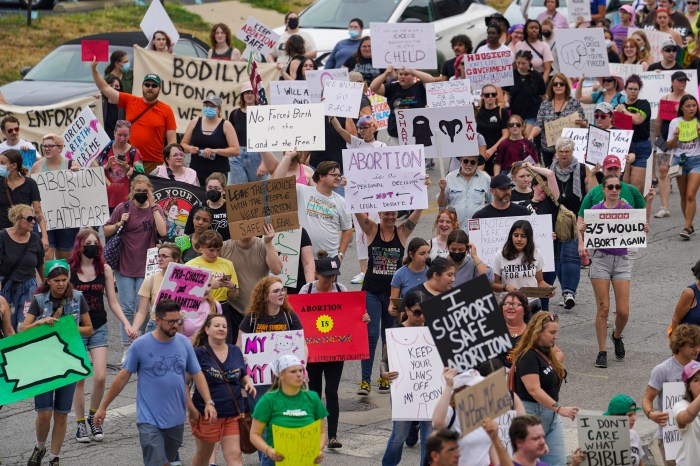DIYARBAKIR, Turkey/ISTANBUL (Reuters) – Siyar Guldiken, still short of breath from his own battle with the coronavirus, was not able to grieve after his grandmother and uncle died of the related disease, as one of the world’s worst second waves of the pandemic slammed Turkey.
After 10 days in isolation in Diyarbakir last month, Guldiken said only a full lockdown could stop the pandemic from worsening in Turkey, which has registered the seventh most cases globally.
Ankara has resisted such calls so far.
But pressure for more stringent action is growing from medical bodies, opposition parties and Istanbul’s mayor, after daily cases jumped to more than 30,000 and deaths to 200, even as the country prepares for a vaccine to arrive shortly.
President Tayyip Erdogan’s government has issued weekend stay-at-home orders to tackle the pandemic, and it plans a five-day lockdown over New Year.
“The measures are really inadequate,” said Guldiken, 42, local head of a health and social services union in southeast Turkey’s largest city. “I can comfortably say for Diyarbakir, numbers will rise,” he added, as he looked at photos of his late grandmother and uncle.
He said full lockdowns would have prevented deaths such as that of his uncle, who died five days before his test results came back positive. His mother recovered from the disease after two weeks in hospital, but his youngest uncle lost both his parents to it.
“We couldn’t live and share our grief as much as we wanted to,” he told Reuters. “This stemmed from the insufficiency of the measures.”
The government has defended the measures it has taken, saying they have started to slow the spread of infection, with daily cases falling several thousand from their peak to below 30,000. But it has also said economic activity must be sustained.
CEMETERIES COPE WITH RISING DEATHS
At the other end of Turkey, in Istanbul, the head of the city’s cemeteries department, Ayhan Koc, said its planning had to be adjusted as the death rate leaped to more than 400 a day in November – around double the level in previous years.
It is a statistic cited by Mayor Ekrem Imamoglu in demanding drastic measures to protect the city of 16 million people, alongside steps to support workers concerned about the economic impact of a lockdown.
“Let’s shut down for 2-3 weeks,” he urged the central government at a memorial ceremony last week for a doctor who died of COVID-19. “I beg them, please take measures. Let’s fight with all we have.”
Hospitals are struggling to meet demand for treatment and thousands of municipal employees are infected, Imamoglu said.
Turkey only began reporting all cases, including asymptomatic ones, in late November. It waited until last week to give the pandemic’s full tally of nearly 1.9 million, on a par with Britain and Italy.
Erdogan said late on Monday that distribution of China’s Sinovac vaccine would begin soon, while there were hopes to roll out a domestic vaccine in the spring.
But spotty public disclosure could impede the vaccine rollout, said Turkish Medical Association head Sebnem Korur Fincanci.
“Many people do not trust the government and they are against the vaccination because of this loss of trust,” she said, adding lockdown measures must complement inoculations.
“Vaccination is not enough. Also we have to lock down and decrease the speed of the transmission. Then vaccination would be helpful and effective.”
Current weekend curfews are not enough while workplaces remain open all week, she said.
Playing with his young children in a park in Diyarbakir, Guldiken said stricter measures were needed despite the psychological impact of isolation and grieving.
“Sharing this process (grieving) is very important, but unfortunately we can’t if we are to prevent the spread of the virus.”
(Reporting by Daren Butler; Editing by Jonathan Spicer and Mike Collett-White)

